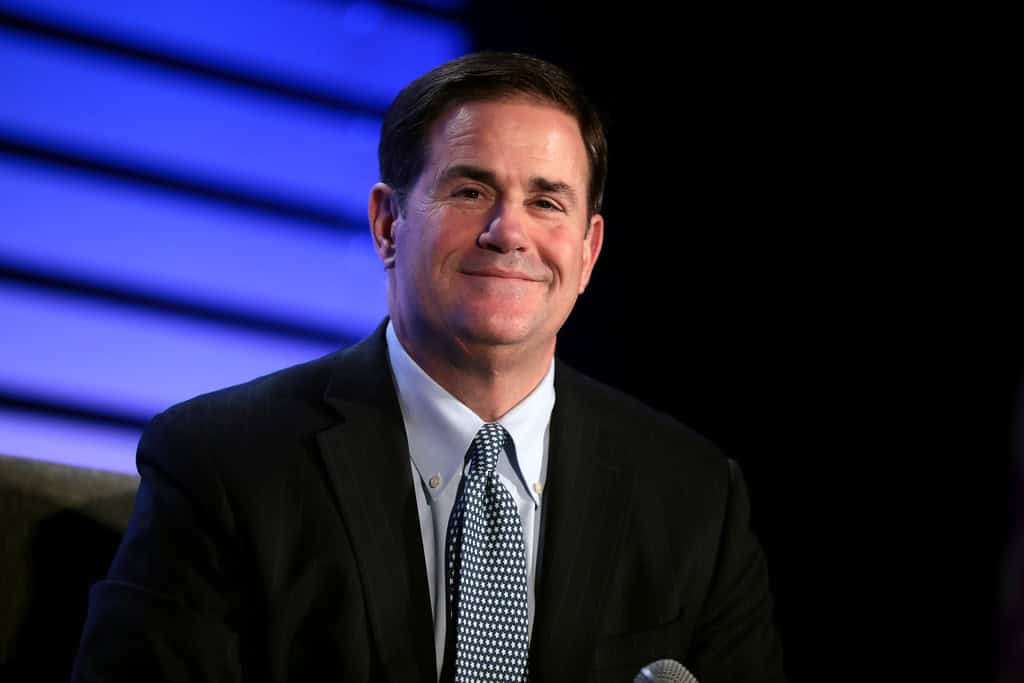Amicus Briefs
Aguila v. Ducey
CASE SUMMARY
In an amicus brief filed in the Arizona Supreme Court, NCLA argued that “Police Power” in the hands of the governor does not include the power to legislate. NCLA’s brief in the case of Javier Aguila, et al. v. Doug Ducey, et al., enumerated serious constitutional concerns about the statute under which Governor Ducey issued pandemic executive orders.
On March 11, 2020, Governor Ducey declared a state of emergency in Arizona and subsequently issued numerous executive orders containing restrictions and prohibitions which severely harmed small businesses across the state. To do so, he heavily relied on the “Emergency Management” statute, A.R.S. § 26-303(E), under which the legislature gave him lawmaking power—what Arizona’s Constitution is designed to forbid.
NCLA contended that the phrase “police power” from the statute does not—because it may not—grant the governor the authority to legislate. The concept of “police power” is foreign to the Arizona and United States Constitutions in the first place. Arizona’s constitutional convention rejected a broad concept of “police power” previously. There is neither textual nor historical basis to say “police power” includes legislative power in the hands of the executive.
OUR TEAM
RELEVANT MATERIALS
NCLA FILINGS
PRESS RELEASES
NCLA Amicus Brief Says ‘Police Power’ Belongs with Arizona Legislature, Not with the Governor
February 26, 2021

